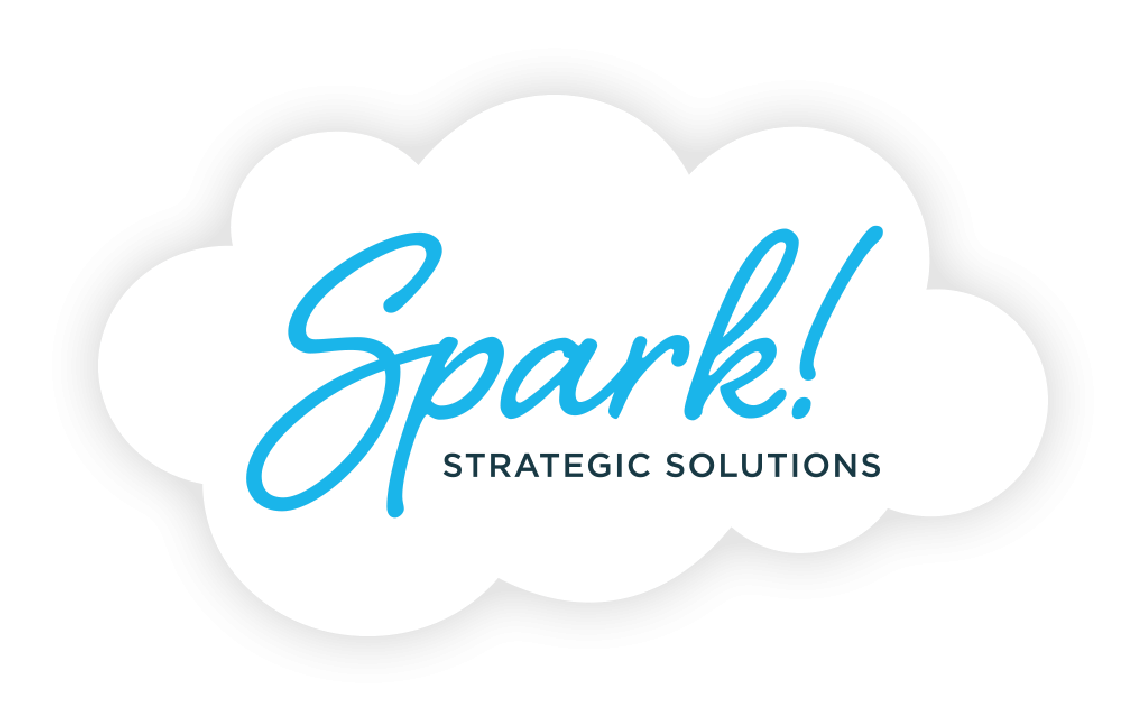
Emotional intelligence, or EI for short, is the ability to recognize and manage your own emotions, as well as the emotions of others. It's a crucial skill for effective leadership, yet it's often overlooked in the workplace.
At the end of the day, emotional intelligence is the secret sauce that can take your leadership to the next level. By understanding your own emotions, as well as others, you can build stronger relationships, communicate more effectively, and create a more positive and productive workplace.
In this blog post, we'll explore what emotional intelligence is, why it's important for leadership, and how you can develop your own EI skills.
“Emotional intelligence refers to the ability to identify and manage one’s own emotions, as well as the emotions of others,” according to
Psychology Today. It's a skill that allows you to easily navigate social situations, communicate effectively, and build strong relationships.
There are four main components of emotional intelligence: self-awareness, self-regulation, empathy, and social skills.
- Self-awareness involves recognizing and understanding your own emotions. This includes being able to identify your own emotional strengths and weaknesses, as well as your triggers and hot buttons.
- Self-regulation involves being able to regulate your emotions and behaviors. This includes staying calm under pressure, adapting to change, and bouncing back from setbacks.
- Empathy involves recognizing and understanding the emotions of others. This includes being able to read body language and other nonverbal cues, as well as understanding cultural differences.
- Social skills involve being able to build and maintain strong relationships. This includes communicating effectively, resolving conflicts, and working collaboratively.
Effective leaders are able to inspire and motivate their teams. They're able to build trust and create a positive work environment. They're able to communicate effectively, resolve conflicts, and make tough decisions. All of these skills require a high degree of emotional intelligence.
Leaders who struggle with emotional intelligence often struggle to connect with their teams. They may come across as distant or unapproachable, which can lead to a breakdown in communication. They may struggle to understand the needs and concerns of their team members, which can lead to disengagement and low morale.
The good news is that emotional intelligence is a skill that can be learned and cultivated. Here are a few tips for working on your EI skills:
- Practicing self-awareness: take time to reflect on your own emotions and behaviors, and practice JOY—Just Observe You. Identify your triggers and hot buttons so you can work to avoid them.
- Practice self-regulation: practice staying calm under pressure, adapting to change, and being resilient to setbacks.
- Practice empathy: pay attention to the emotions and nonverbal cues of others. Seek to understand cultural differences and how they may impact certain behaviors.
- Practice social skills: work on communicating effectively with others, resolving conflicts, and working as a team.
- Seek feedback: ask your colleagues and team members for feedback on your emotional intelligence skills. Use this feedback to identify areas for improvement.
If you want to become a better leader, start by developing your emotional intelligence. Take time to reflect on your own emotions and behavior, practice active listening, and work on building stronger relationships with your team members. And always remember that leadership is about more than just giving orders or making decisions - it's about
creating an environment where everyone can thrive and achieve their full potential.
Empty space, drag to resize



